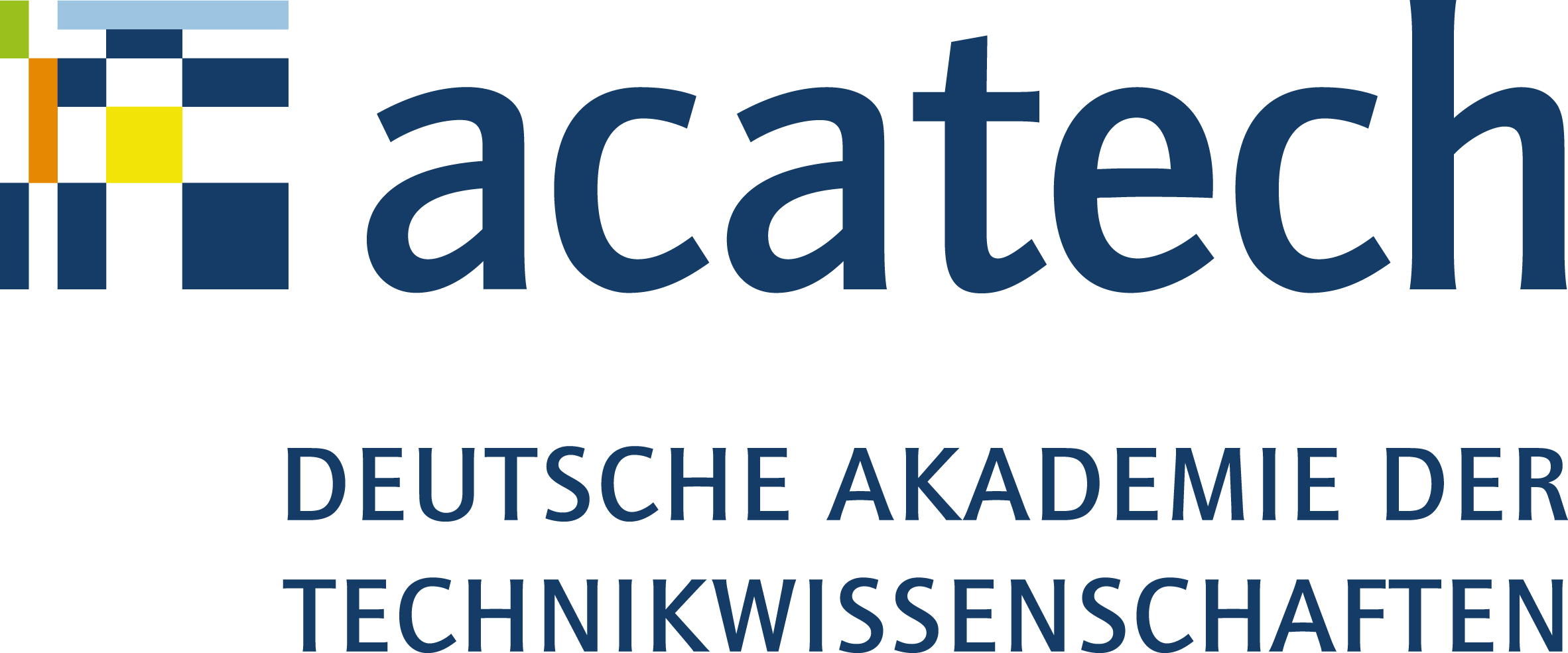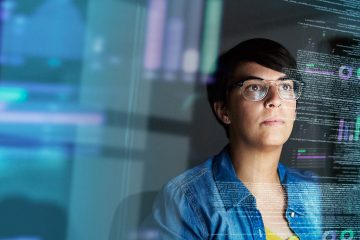Dialog & Debatte
#acaLAB „Human Enhancement and the Future of Learning“ (Workshop)
Beginn:
Ende:
Ort:
18. Januar 2019 — 11:00 Uhr
18. Januar 2019 — 21:30 Uhr
Fraunhofer Institutionszentrum Stuttgart, Institut für Arbeitswissenschaft und Technologiemanagement (IAT)
It is the year 2030: Marie Meier has been wearing a neurochip in the back of her head for two years now. Her personal monitored learning process shows: Marie’s learning productivity has increased by 30 percent since then. She not only learns faster and more efficiently – neurostimulation has positive effects on her ability to remember and solve problems, too. Maths and physics are no longer difficult subjects to her. Marie’s school advertises with the slogan: “We invest in the minds that shape the future.” The parents and a private initiative share the equipment cost of the students’ new learning technologies. Marie is also taking part as a proband in a study on Inter-brain-nets which aims to link her brain with the brains of her classmates and with the Internet. – Science-Fiction or the future of learning?
Where do we stand today? Human and Artificial Intelligence are increasingly merging into a form of enhanced intelligence: New technologies support and complement our motoric skills (exoskeletons), perception (VR/AR applications), emotion and cognition (intelligent assistant-/learning systems with emotion recognition). Soon Brain-Computer-Interfaces (BCI) could also become suitable for everyday use. Physicians are already successfully using neurofeedback therapy methods to communicate with Locked-In patients and treat epilepsy. Elon Musk and his startup company Neuralink intend to develop invasive neuroprostheses for human enhancement. Furthermore, the US innovation agency DARPA (Defense Advanced Research Projects Agency) is currently involved in the development of neurostimulators: It wants to significantly increase the learning rate/cognitive skill performance of soldiers compared to conventional training methods.
What do these developments of Human Upgrading mean for the future of education – for each and every one of us, but also for our education system? What ethical, societal and economic implications do they have? How can we shape the new opportunities and challenges of Lifelong Learning in a responsible manner?
acatech – National Academy of Science and Engineering and the Jacobs Foundation invite you to discuss these questions with us and other young talents from science, business and media in an interdisciplinary workshop. We will begin with a short introduction into the work of neuro(work)scientists. Afterwards we would like to discuss possible future scenarios and resulting challenges for politics and society. In the end there should be recommendations: How can we advance the topic further at an early stage, with good political and social consulting in mind? What form of orientation knowledge do we need to create for our various and diverse addressees? What political needs for action, and which boundaries should we address? Which stakeholders must be involved from the outset?
Participation is only possible by invitation.




